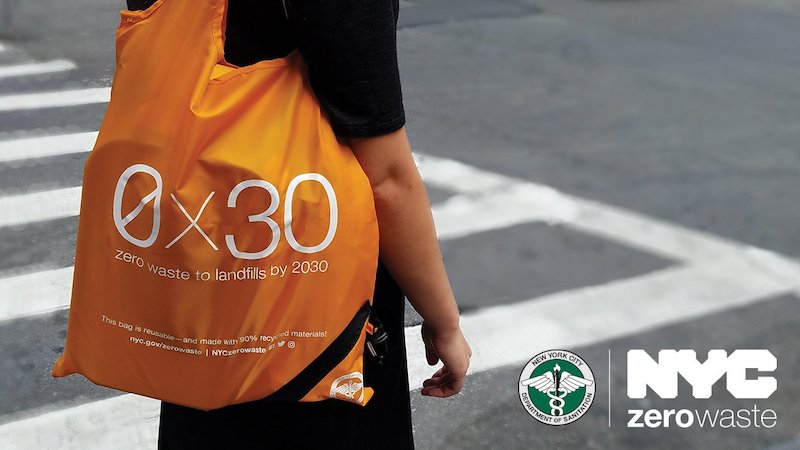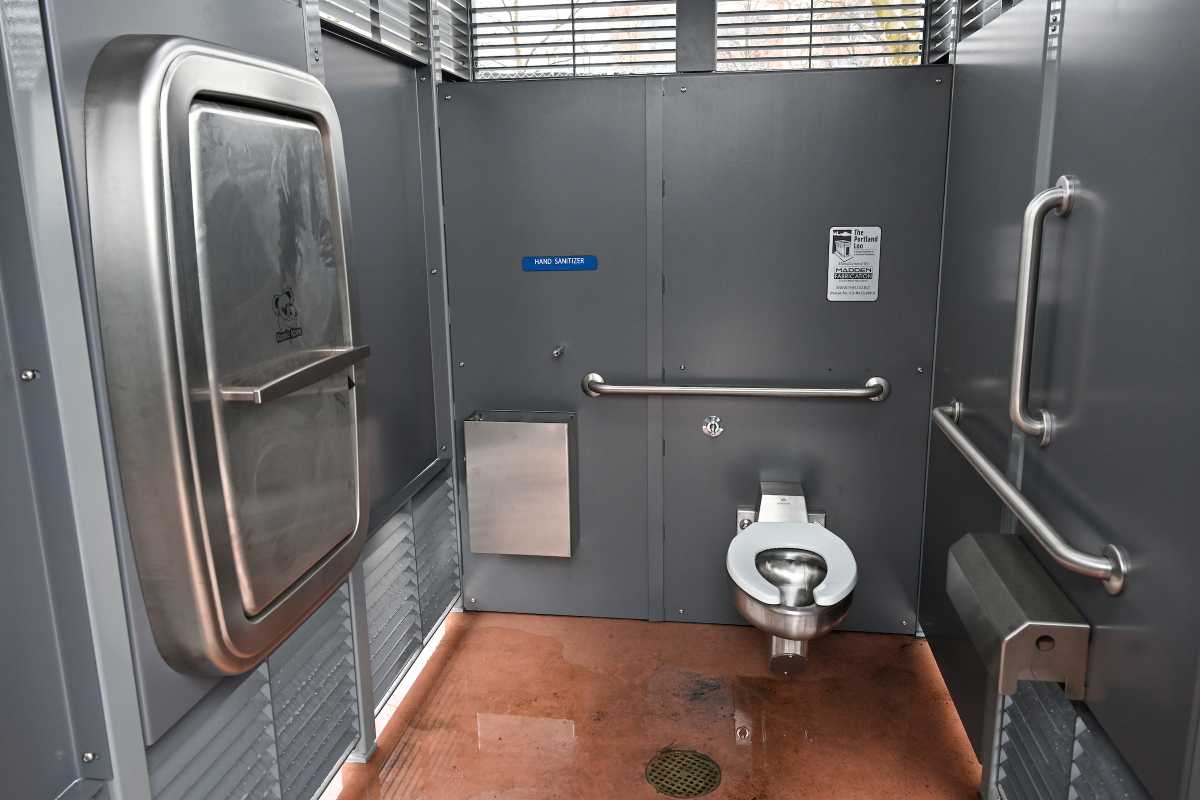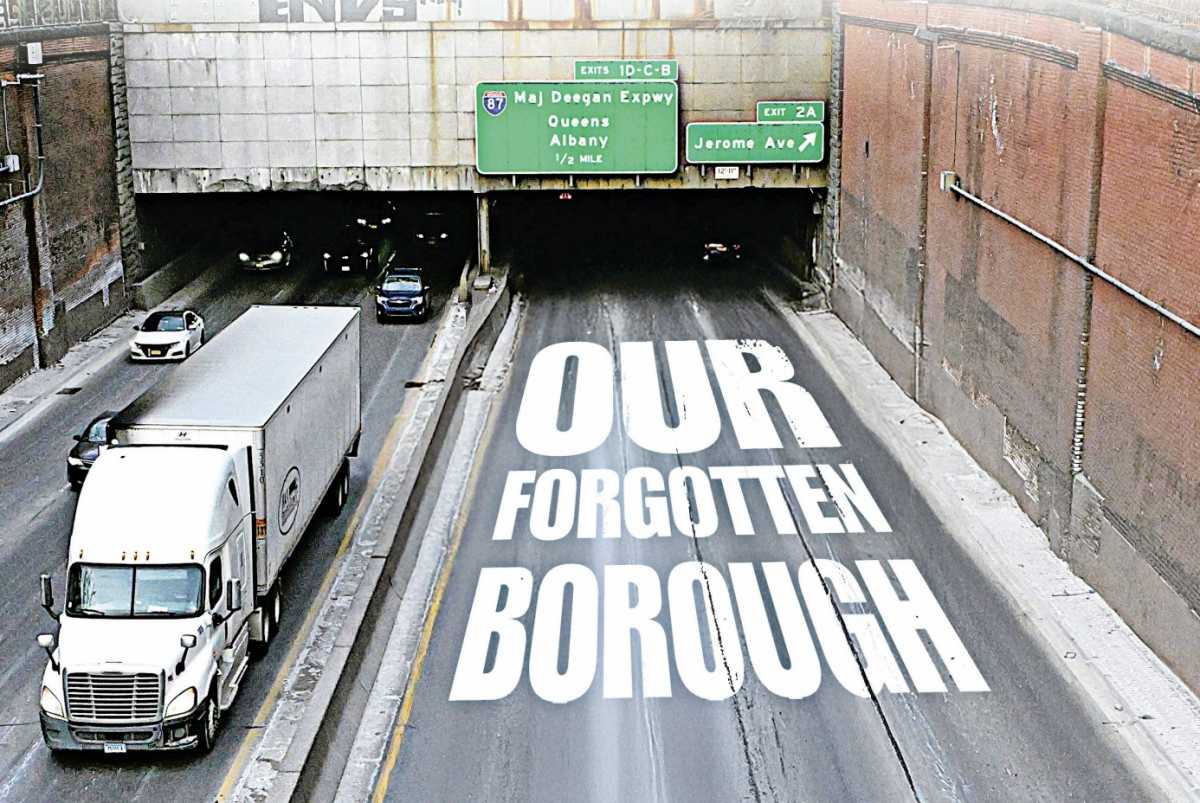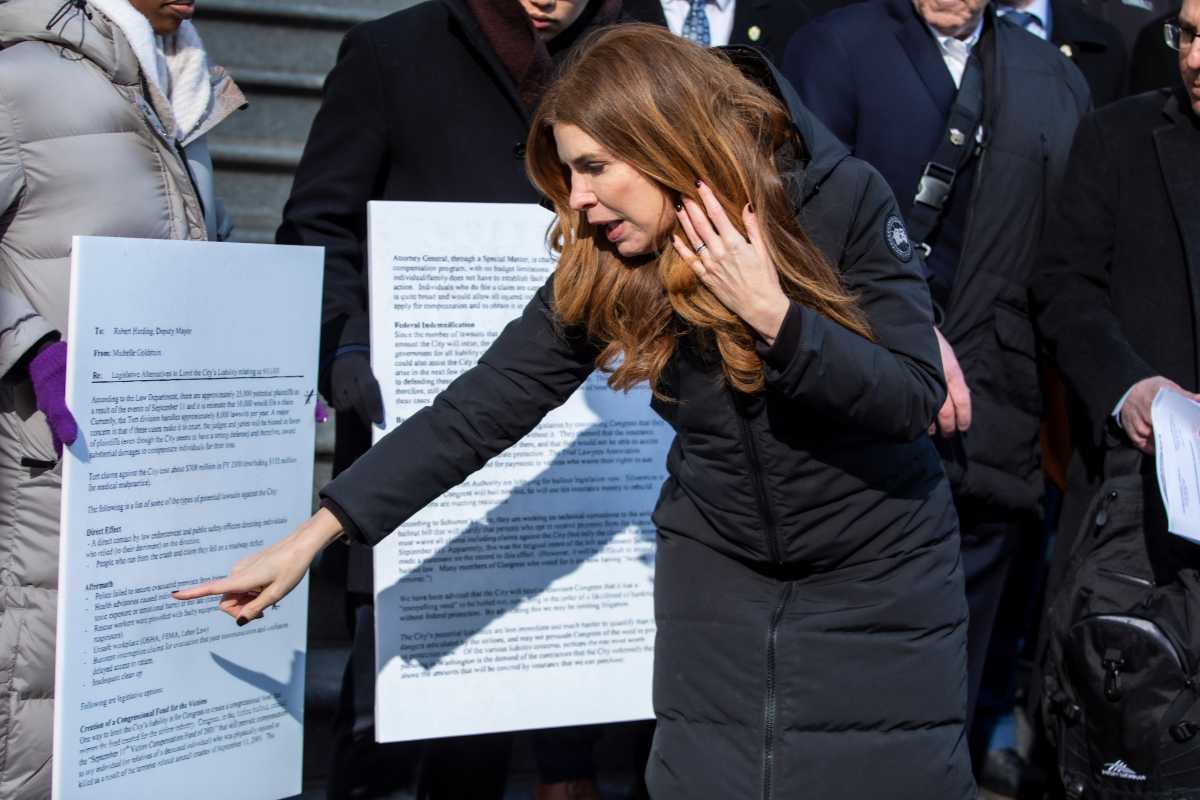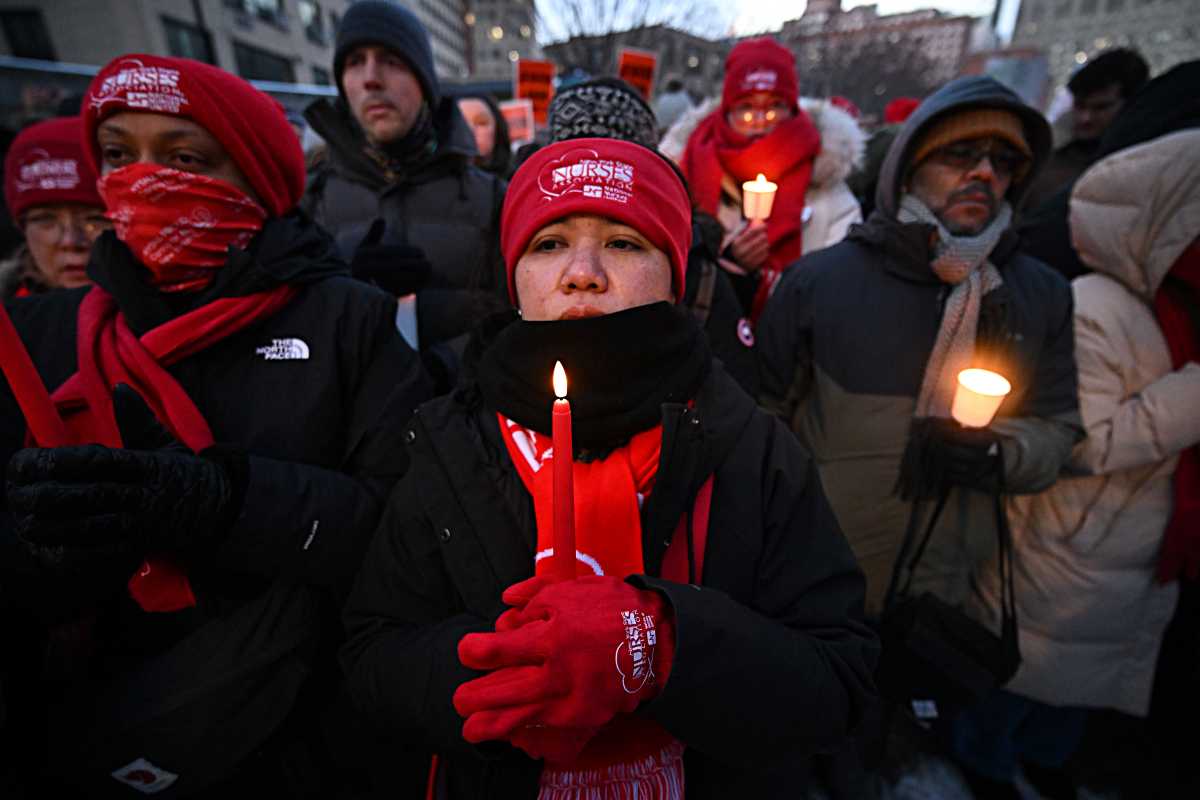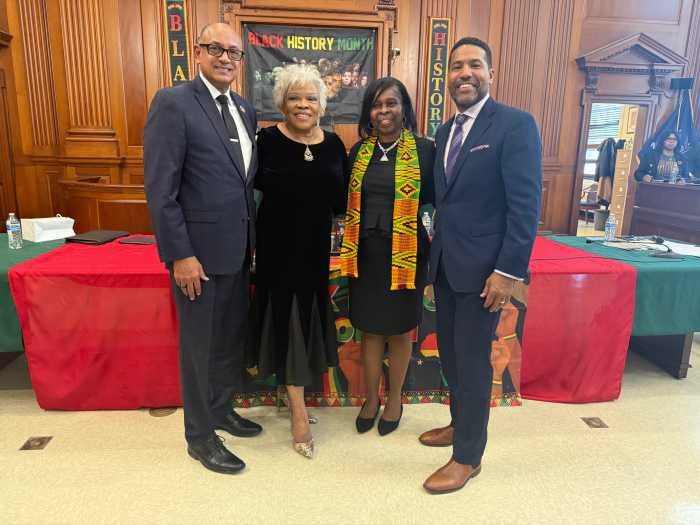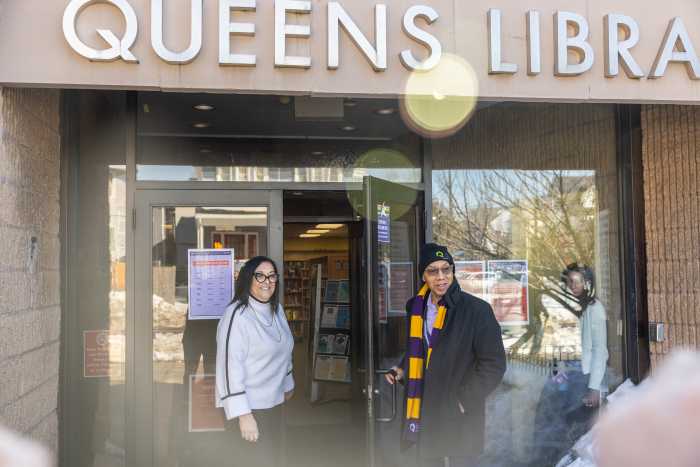The state’s elected officials are turning a deaf ear to the growing chorus of scientists saying the ban of plastic bags set to go into effect in two days – on March 1 – carries a real risk of spreading the coronavirus.
The latest warning comes from Clemson University Professor Robert M. Kimmel, who contacted the State Department of Health and numerous elected officials, through Brooklyn architect and environmentalist Allen Moses, urging the state to at the very least postpone the ban on plastic bags and distribution of reusable bags until the threat of coronavirus spreading has passed.
“The recent study by Dr. Ryan Sinclair of Loma Linda University, cited by Mr. Moses in his communication, shows that coronavirus itself can be carried and spread by reusable grocery bags. The study concluded that a virus-contaminated reusable grocery bag presents a public health risk when brought into a grocery supermarket,” wrote Prof. Kimmel in an email chain cc’d to several dozen elected officials and agencies.
“The risk to public safety from requiring the use of reusable grocery bags while the coronavirus threat is growing and will, in the next few months, be at its peak, is not worth taking. I strongly urge that the ban on hygienic plastic grocery bags not be implemented until the coronavirus threat is past.”
Kimmel, the director of Clemson’s Packaging Science Program, which is part of the school’s Department of Food, Nutrition and Packaging Sciences, noted in the email that in 2015, he and colleagues at Clemson University published a comprehensive refereed study comparing the types of grocery bags in common use in the United States. http://tigerprints.clemson.edu/cudp_environment/6/
“In this study, we noted the evidence that had accumulated at that time that reusable bags could easily and were highly likely to be contaminated with bacteria and viruses and could transfer this contamination to people by contact with supermarket check-out conveyors, grocery carts, kitchen counters and other surfaces.
“The health departments of many jurisdictions, including New York State, have therefore strongly urged consumers to frequently wash their reusable bags, even after every use, to reduce the likelihood of such transmission. Unfortunately, a study of consumer behavior conducted in 2014 by Edelman Berland showed that the vast majority of consumers do not head this advice,” wrote Kimmel.
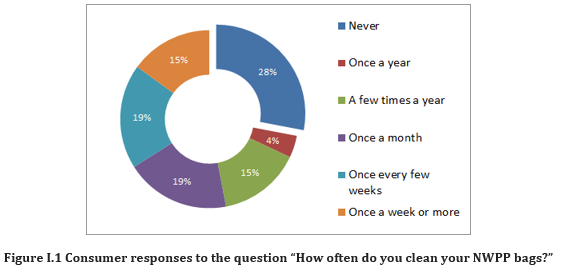 Moses also shared email communications from Nov. 2018 between himself and Prof. Charles P. Gerba in the University Of Arizona Department of Soil, Water and Environmental Science, who is now working intensively on the coronavirus at a secure viral lab at the University of Arizona.
Moses also shared email communications from Nov. 2018 between himself and Prof. Charles P. Gerba in the University Of Arizona Department of Soil, Water and Environmental Science, who is now working intensively on the coronavirus at a secure viral lab at the University of Arizona.
“We have been involved in two studies on the potential for microbial contamination of the bags by fecal bacteria. We collected over 100 reusable bags from grocery shoppers entering stories. We found a significant percentage to contain fecal bacteria, including Escherichia coli. We also interviewed shoppers concerning the use of the reusable bags and found that only 3% shoppers ever washed their reusable bags, likely explaining the large numbers of fecal bacteria we detected. Bags become contaminated with fecal bacteria from raw meat products or use from carrying other items which could be fecally contaminated,” wrote Gerba.
“Reusable grocery bags if not properly maintained (washing after each use) without a doubt increase the risk of spreading fecal microorganisms. This was already illustrated in an outbreak of the norovirus by the placement of bags containing food items on a restroom floor,” he added.
Kimmel’s warning comes after KCP broke the story earlier this week the bag ban could spread the coronavirus.
Moses has presented these scientific studies and more to City Council Member Brad Lander (D-Park Slope, Gowanus, Windsor Terrace, Kensington), who has been a driving force behind the plastic bag ban and whose office has been busy distributing reusable bags, other city and state elected officials, the New York State Plastic Bag Task Force that Gov. Cuomo created in March 2017 prior to the plastic bag ban law, and anybody who would listen.
Moses said there should have been an Environmental Impact Statement (EIS) conducted before the plastic bag ban was enacted and if that were done it would have shown clear scientific evidence that reusable bags spread disease.
“If the coronavirus spreads then scientists will check supermarket carts and checkouts and reusable bags. And heads will roll when citizens find out the politicians were warned in advance that their bag legislation put the public at risk,” said Moses.


